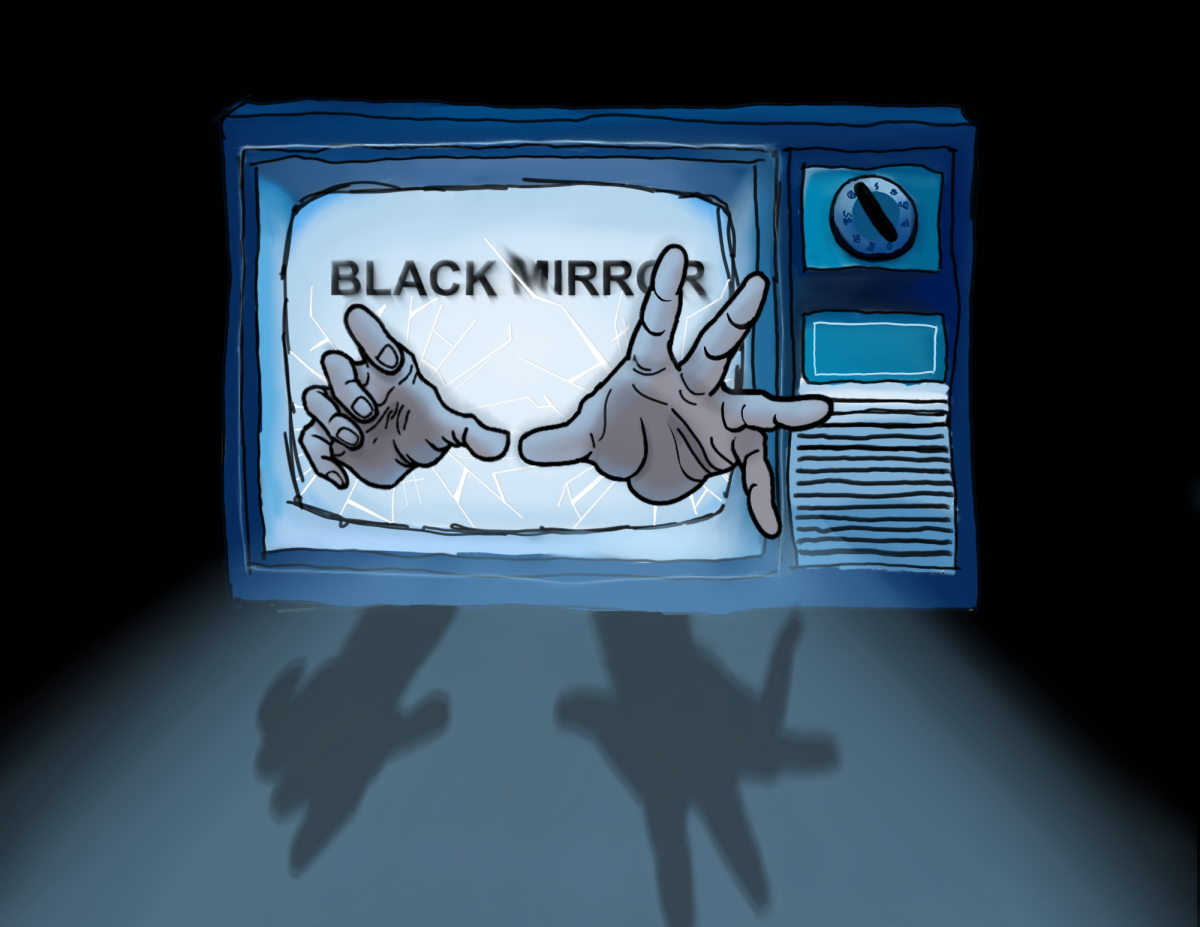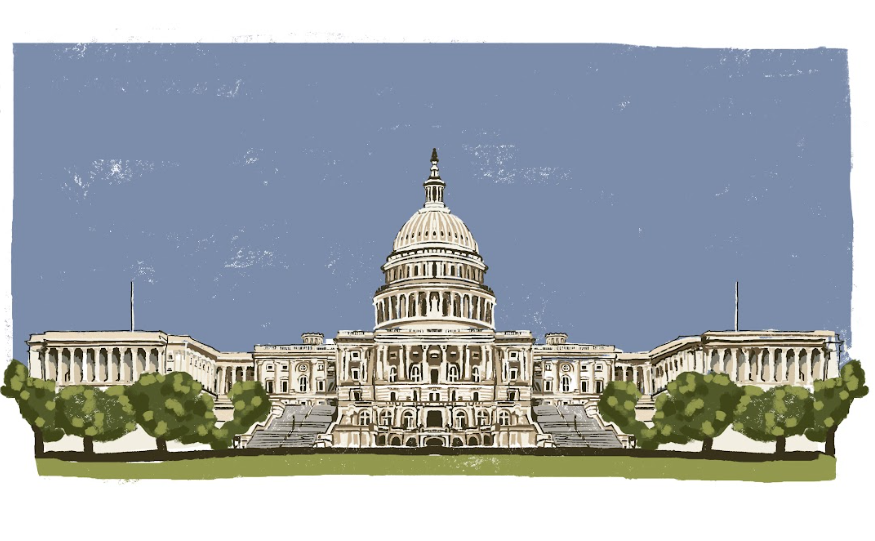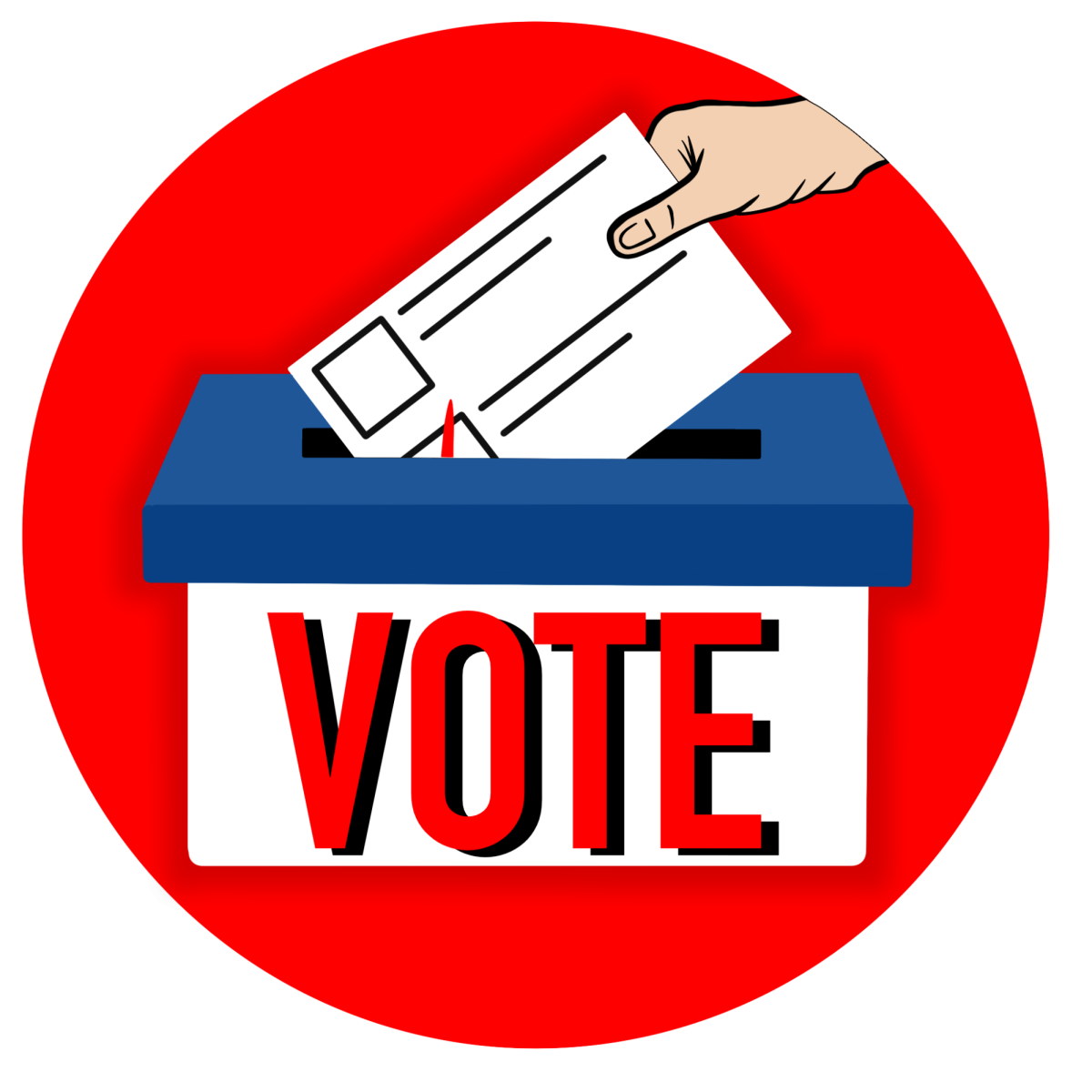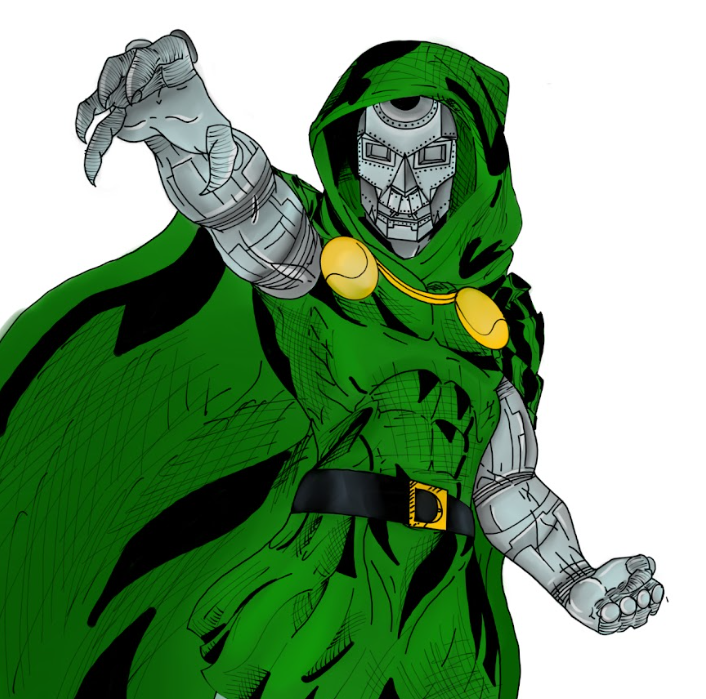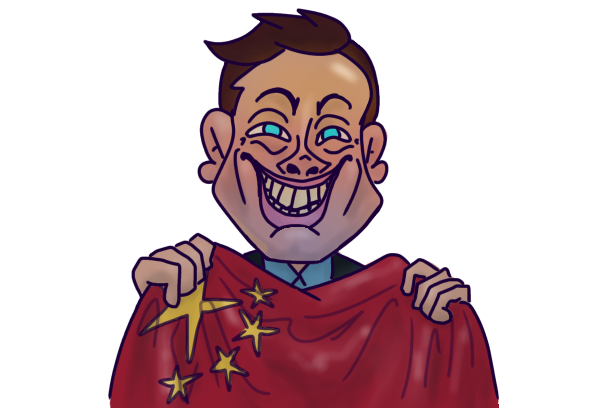As we begin our journey into the technological world we could have only dreamed of and our screens continue to brighten, our path begins to darken. From facial recognition to virtual reality and artificial intelligence, our future promises technological advancements beyond imagination. Although this can be beneficial, it can be equally disturbing.
Many fear society’s submission to technology; it is a theme that has been portrayed in novels and television for decades. The series “Black Mirror” perfectly captures the anxieties surrounding the future of technology, opening our eyes to possibilities that seem far-fetched. However, when we analyze social media and technology in the present day, we cannot help but wonder, are these simple tall tales, or are they predictions of a dystopian future lying just a few years ahead?
“Black Mirror” is a science-fiction anthology series presenting a different storyline and set of characters in each episode. Many episodes focus on the relationship between humans and technology, showing distorted realities where society is consumed by distinctive technological advancements. Continuously, the show reflects how our addiction to social media and technology could ultimately lead to our downfall. Most episodes pave a dark path, showing how our emotions and mental health could fall victim to our creations.
The show serves as a warning, preaching caution about possible realities we could be facing. As they say, life imitates art, and a handful of times, the show has often accurately depicted the direction society could be heading in and predicted advancements that later came to life.
For instance, in the episode “Nosedive,” audiences are given a storyline that hits close to home. The main character, Lacie, lives in a reality where people rate others at every interaction. People are rated from zero to five, with zero being the lowest tier and five being reserved for society’s most “important” people. The higher the rating, the more exclusive the lifestyle.
Lacie becomes obsessed with achieving a 4.5 rating, as it will help her grasp the dream-like life she fixates on. She strives to achieve perfection, constantly calculating her every move, comparing herself to a 4.8 and ultimately driving herself to a psychotic breakdown. Although a social rating system seems irresponsible and harmful to adopt, it is not outlandish to imagine.
This rating system resembles social media. Many young minds are becoming obsessed with presenting a picture-perfect life, only showing their best side and always putting on a façade for external validation. Most of society is set on looking posed, primped and impossibly perfect online. Social media sets unrealistic standards for beauty, financial status and lifestyle. This impacts anyone who uses social media daily. If society is always chasing the unreachable standard of perfection, how far-fetched is “Nosedive?” Is it truly a work of fiction in the age of social media addiction?
The rating system presented in this episode is something China has implemented into its society. It is known as the “Social Credit System,” and while it is not as advanced as the system in “Black Mirror,” it is just as bizarre. Chinese citizens put their social credit at risk by spending too much time playing video games, posting on social media, spending money on non-essential items and more. With lower social credit, citizens might face slow internet, travel bans and other limitations. While this rating system was put in place to promote positive behavior, its flaws are clear. People should not be judged harshly for their every action or held to a standard of perfection. “Black Mirror’s” “Nosedive” is not as exaggerated a tale as it first seems.
Another example of “Black Mirror” accurately representing the harms of social media is in episode “Hated in the Nation.” In this story, social media users choose problematic famous people to label with the hashtag “Deathto.” Whoever receives the most votes under the hashtag will ultimately be killed. The users view this as a game, continuously choosing the next hated celebrity to be killed.
This episode of “Black Mirror” resembles modern-day cancel culture. Although real-world cancel culture is not as intense and violent as the game in “Hated in the Nation,” it can still cause irreversible damage. If someone is “canceled” on social media, they will receive online hate for a long time. From cruel comments to death threats, cancel culture can destroy a person’s mental health within minutes, and it can ruin a person’s career with the simple use of a hashtag.
“Black Mirror” has reflected society’s dark fears surrounding technology and social media. Each episode is an eye-opener, leading us to question the direction we are heading in. Countless times we have asked ourselves, “How long until we have no privacy at all?” or “How long until AI takes over?” But it is our responsibility to decide how much control we want to give to technology.
Humans are sensitive and vulnerable creatures, and we should be careful with what we create and release into a world where darkness roams in every corner. Ultimately, technology is what we design it to be, and we must not fall victim to it. Remember to put your phone down once in a while and proceed with fascinating innovations with caution. You never know what the next tap of a button could mean for your future.

